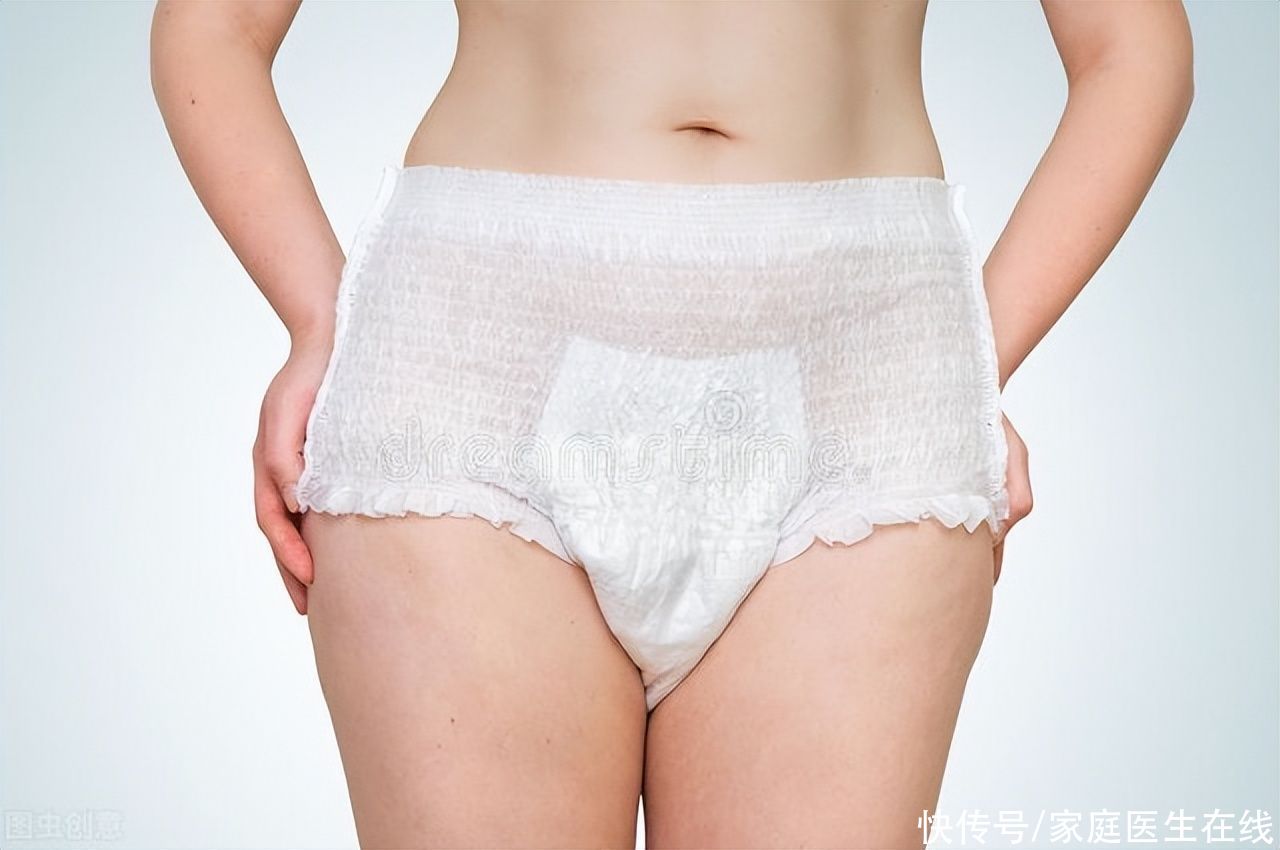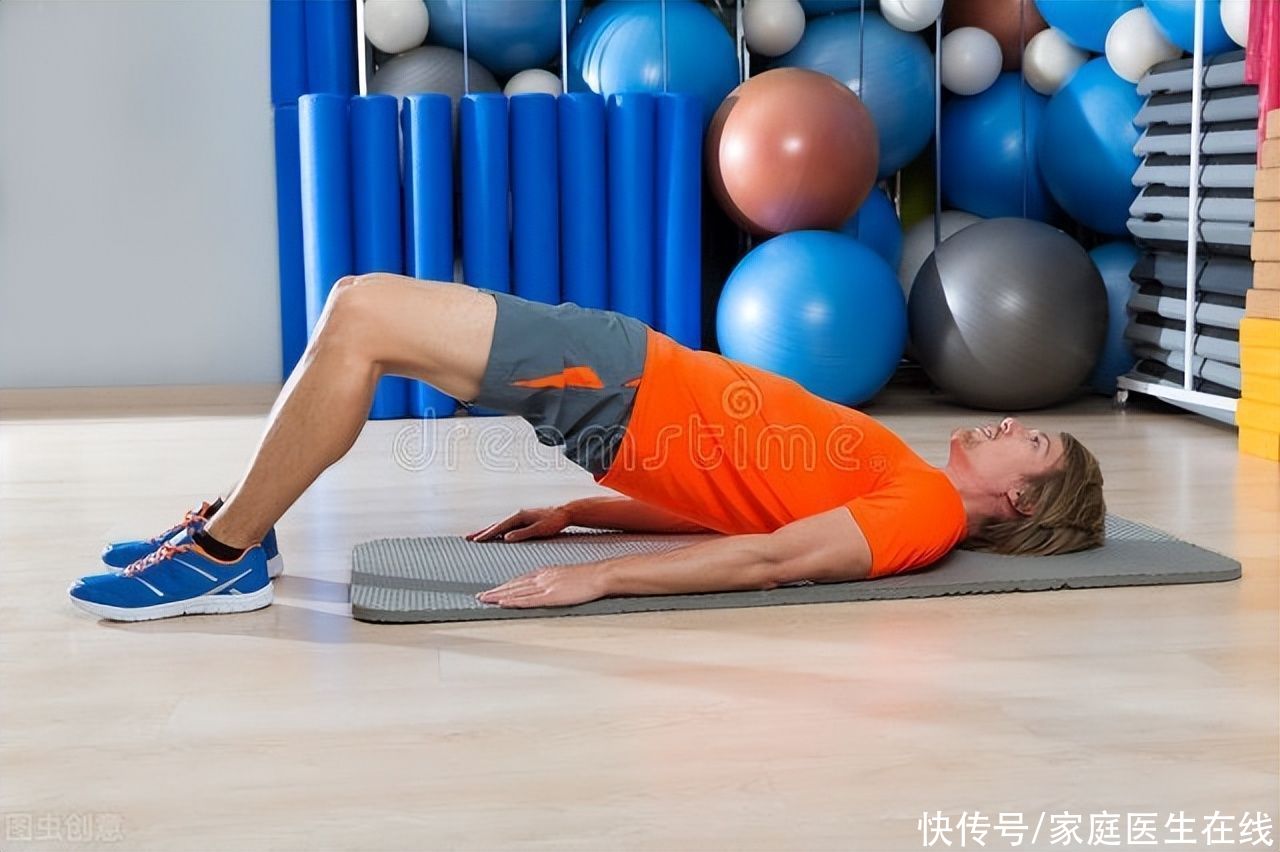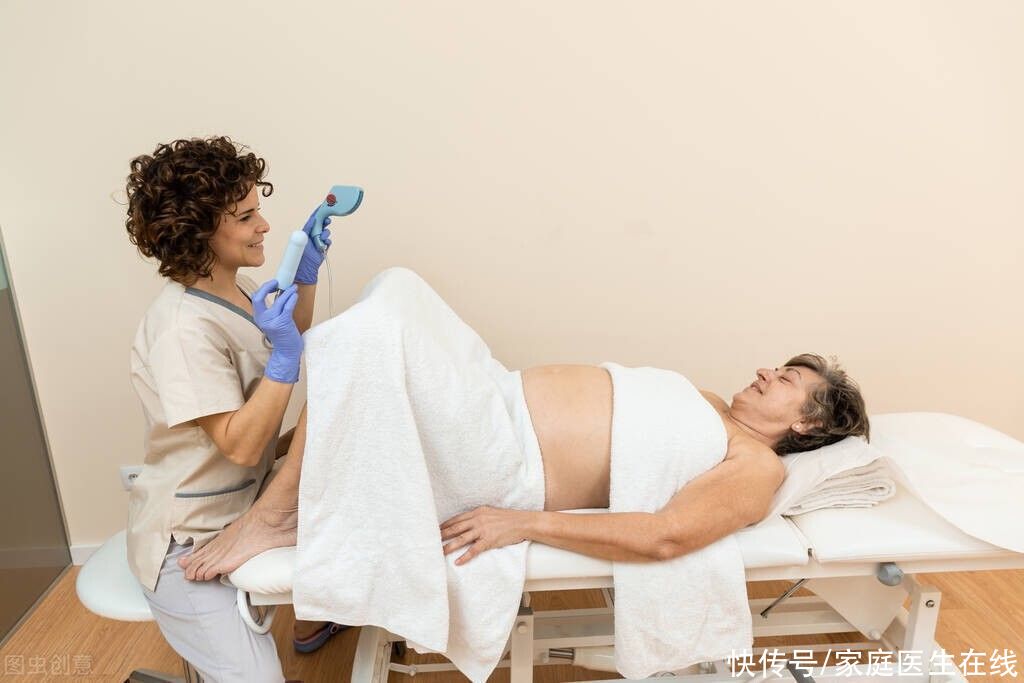Urinary incontinence is common in women, often involuntarily urinating as a result of sneezing, laughing, lifting heavy objects, or coughing. Urinary incontinence is the inability to hold back the urine due to damage to the bladder sphincter or dysfunction of the bladder nerves, allowing the flow of urine to flow uncontrollably. Urinary incontinence not only affects social interaction, but also induces a variety of complications, such as local eczema, local ulcers and urinary tract infections, and also increases the psychological burden of patients. How can we reduce urinary incontinence?

What are the types of urinary incontinence?
1. Stress incontinence
When coughing, lifting heavy objects, doing strenuous exercise, or sneezing Urine leakage, which is called stress incontinence. This is common in women after childbirth, especially those who have given birth to macrosomia; postmenopausal women also experience this type of incontinence.
After giving birth to a child, the pelvic floor muscles have been slightly or severely relaxed, resulting in leakage of urine due to increased abdominal pressure; postmenopausal women have insufficient secretion of estrogen, and the urethral mucosa becomes Urinary incontinence is also prone to occur because of weakness; chronic constipation or cough, diabetes, and obesity are also high risk factors for incontinence.

2. Overflow incontinence
Overflow incontinence is common in the elderly and its main symptoms are dripping and dripping urine. Prostatic hypertrophy, urethral calculi or urethral stricture, malignant lesions, etc. can easily lead to chronic bladder retention, which makes the bladder fill with too much urine and is difficult to discharge, resulting in uncontrolled leakage of urine. In addition, epistatic neuron damage can also cause overflow incontinence.
3. urge incontinence
urge incontinence is common in diabetes and heart disease Patients with cerebrovascular disease are characterized by a strong urge to urinate and uncontrolled leakage of urine.

How can I prevent urinary incontinence?
1. Exercise abdominal strength
Many middle-aged and elderly people are accompanied by chronic diseases, and their physical functions gradually degenerate. In this case, abdominal strength can be exercised, which can enhance the ability to control urination.
Abdominal strength can be enhanced by raising the hips. The specific method is to lie flat on the bed, step on the bed with both feet parallel, bend the knees and slowly lift the hips and waist , hold for 5 seconds and then return to the original position. However, elderly people with waist disease, heart disease and high blood pressure cannot do this exercise.

2. Exercise pelvic floor muscles
Pelvic floor dysfunction is common in early postpartum or late pregnancy, and the risk of urinary incontinence is high. 42 days to three months postpartum is the golden period of pelvic floor repair, so you should choose a regular hospital for pelvic floor repair; or do Kegel training yourself, which can exercise the contractility of the pubococcygeus muscle. The specific method is: contract the anal sphincter muscle, lift it up for 5 seconds, then relax for 5 seconds, repeat for 30 minutes, 2 to 3 times a day.
Message from the doctor
Urine overflows uncontrollably when there is no urge to urinate; urine overflows when abdominal pressure increases; feeling, it was judged as urinary incontinence. Standing for a long time, often holding urine, intractable constipation and obesity can induce urinary incontinence, so such people should pay more attention to the problem of urination.

Patients with urinary incontinence cannot sit or stand for long periods of time, nor do they often Actions that raise abdominal pressure and actively treat chronic constipation and cough. During the period, personal hygiene and hygiene should be paid attention to. The underwear should be changed immediately after it is wet, and it should be placed in the sun after washing. If you should carry a change of underwear with you when you are outdoors or going out, you can also choose adult diapers.
Family doctor online feature, unauthorized reprint